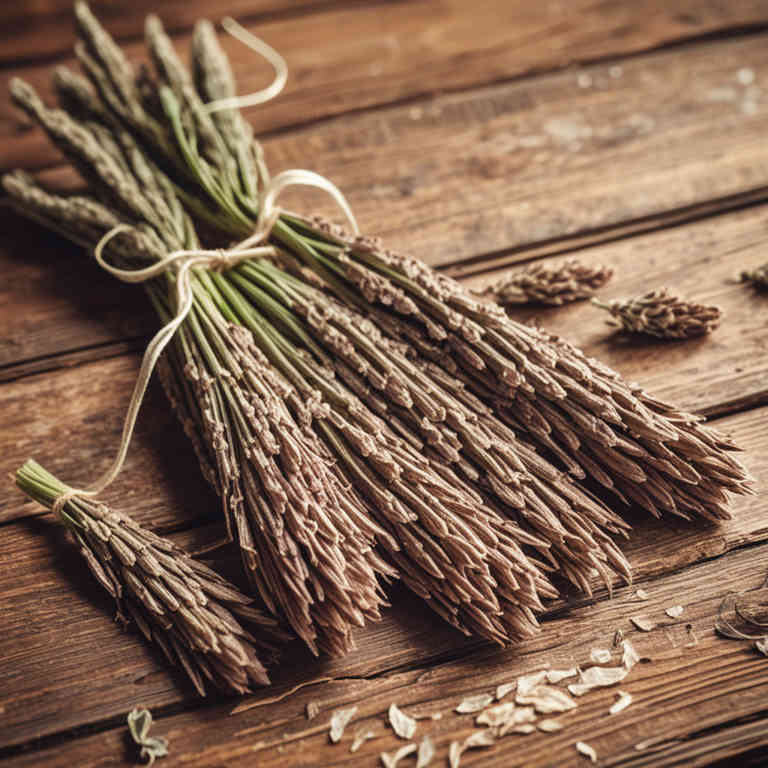Plantago major linctuse for medicinal use

Plantago major linctuse is a traditional herbal preparation made from the leaves of the plantain plant (Plantago major), often used in the form of a soothing syrup or tincture.
It is valued for its demulcent and anti-inflammatory properties, which help to coat and protect irritated mucous membranes. This preparation is commonly used to alleviate coughs, sore throats, and respiratory discomfort by reducing irritation and promoting expectoration. In herbalism, it is also applied externally to treat skin irritations and minor wounds due to its healing properties.
Its gentle nature makes it suitable for use in both acute and chronic conditions involving inflammation or irritation.
Uses
Plantago major linctuse has been used to soothe respiratory discomfort and alleviate coughing for centuries.
Historically, it was valued in traditional medicine for its expectorant and anti-inflammatory properties, often prepared as a syrup or tincture. In ancient times, it was used by herbalists and physicians to treat conditions like bronchitis and asthma. Modern herbal preparations continue to utilize Plantago major linctuse for its ability to loosen mucus and reduce throat irritation.
Today, it remains a popular remedy in natural health practices for supporting respiratory wellness.
Benefits
Plantago major linctuse has health benefits such as soothing respiratory tract irritation, reducing coughing, and alleviating symptoms of bronchitis and other respiratory conditions.
It is traditionally used to ease throat pain and inflammation due to its demulcent properties, which create a protective layer over mucous membranes. This herbal preparation may also support digestive health by reducing inflammation in the gastrointestinal tract. Its mild expectorant effects can help loosen mucus and promote easier breathing.
Overall, Plantago major linctuse is valued for its calming and healing properties in treating respiratory and digestive discomfort.
Constituents
Plantago major linctuse active constituents include mucilage, flavonoids, tannins, and polysaccharides.
These compounds contribute to its traditional use in soothing respiratory tract irritations and alleviating coughs. Mucilage forms a protective layer over mucous membranes, reducing inflammation and irritation. Flavonoids and tannins possess antioxidant and astringent properties that may support immune function.
Polysaccharides are believed to enhance the body's ability to combat infections and promote healing.
Preparation
To make Plantago major linctuse, begin by harvesting fresh Plantago major leaves, preferably in the early morning when the plant is most potent.
Wash the leaves thoroughly and chop them into small pieces to facilitate extraction. Place the chopped leaves in a pot and add enough water to cover them by about an inch. Bring the mixture to a gentle simmer and let it cook for approximately 15 to 20 minutes, stirring occasionally.
Strain the liquid through a fine mesh or cheesecloth to remove the plant material, and allow the resulting herbal infusion to cool before use.
Side Effects
Plantago major linctuse may lead to gastrointestinal discomfort, including nausea, vomiting, and diarrhea, due to its high mucilage content.
It can also cause allergic reactions in individuals sensitive to plants in the Plantaginaceae family. Prolonged use may result in the formation of mucous plugs in the respiratory tract, potentially leading to breathing difficulties. In some cases, it may interfere with the absorption of certain medications.
It is important to consult a healthcare professional before using this preparation, especially for individuals with existing medical conditions or those taking other medications.